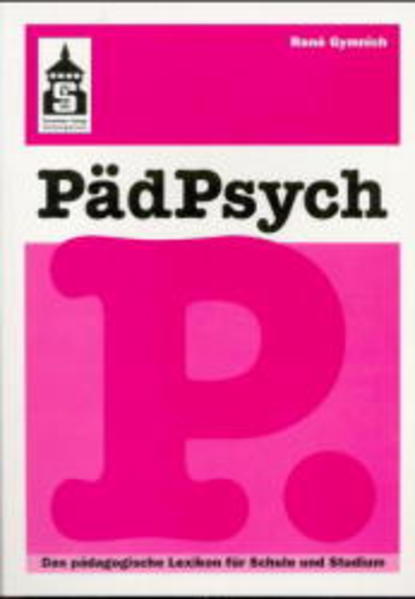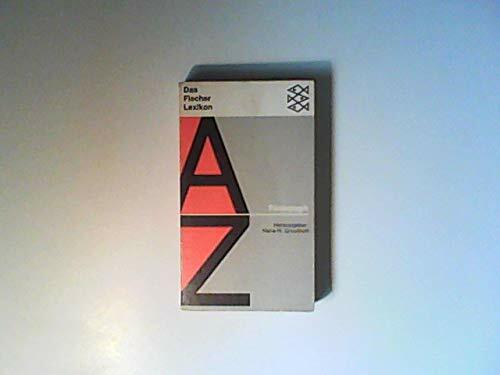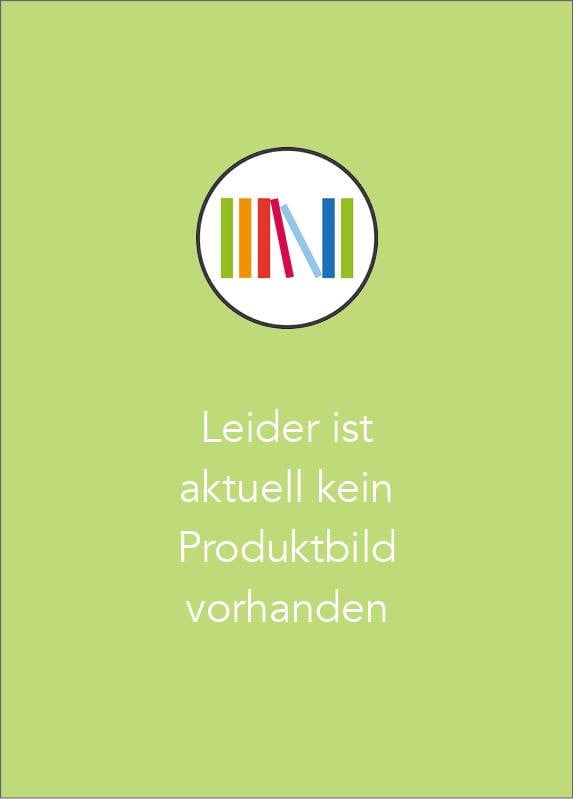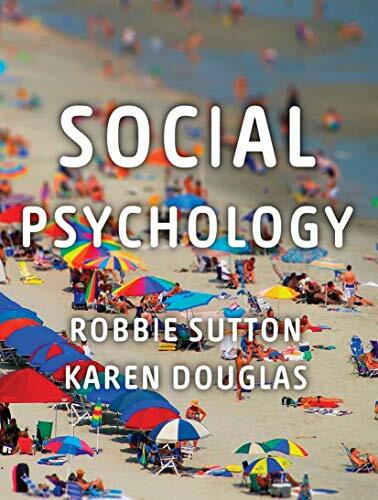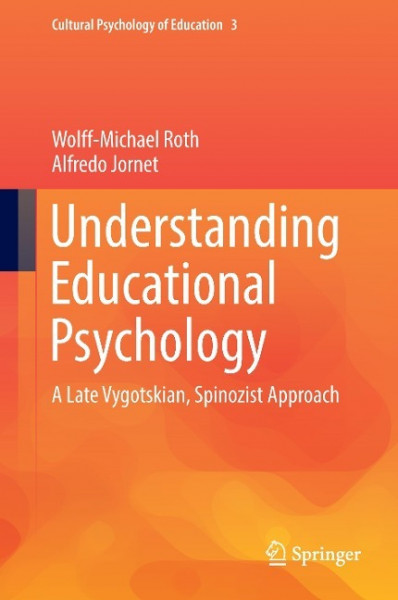
Understanding Educational Psychology
Kurzinformation
inkl. MwSt. Versandinformationen
Artikel zZt. nicht lieferbar
Artikel zZt. nicht lieferbar

Beschreibung
This book takes up the agenda of the late (but unknown) L. S. Vygotsky, who had turned to the philosopher Spinoza to develop a holistic approach to psychology, an approach that no longer dichotomized the body and mind, intellect and affect, or the individual and the social. In this approach, there is only one substance, which manifests itself in different ways in the thinking body, including as biology and culture. The manifestation as culture is premised on the existence of the social.In much of current educational psychology, there are unresolved contradictions that have their origin in the opposition between body and mind, individual and collective, and structure and process-including the different nature of intellect and affect or the difference between knowledge and its application. Many of the same contradictions are repeated in constructivist approaches, which do not overcome dichotomies but rather acerbate them by individualizing and intellectualizing our knowledgeable participation in recognizably exhibiting and producing the everyday cultural world. Interestingly enough, L. S. Vygotsky, who is often used as a referent for making arguments about inter- and intrasubjective "mental" "constructions," developed, towards the end of his life, a Spinozist approach according to which there is only one substance. This one substance manifests itself in two radically different ways: body (material, biology) and mind (society, culture). But there are not two substances that are combined into a unit; there is only one substance. Once such an approach is adopted, the classical question of cognitive scientists about how symbols are grounded in the world comes to be recognized as an artefact of the theory. Drawing on empirical materials from different learning settings-including parent-child, school, and workplace settings-this book explores the opportunities and implications that this non-dualist approach has for educational research and practice. von Roth, Wolff-Michael und Jornet, Alfredo
Produktdetails

So garantieren wir Dir zu jeder Zeit Premiumqualität.
Über den Autor
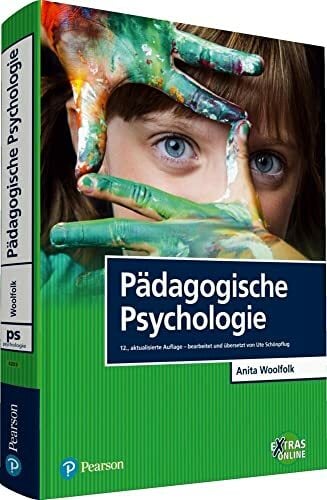
- Gebunden
- 656 Seiten
- Erschienen 2014
- Pearson Studium

- Kartoniert
- 256 Seiten
- Erschienen 2018
- UTB GmbH
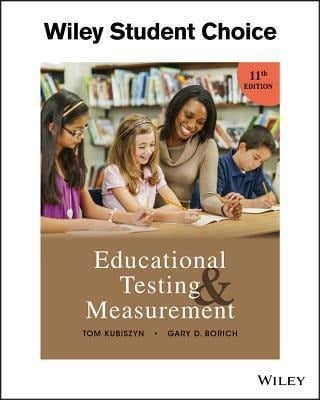
- Taschenbuch
- 448 Seiten
- Erschienen 2016
- John Wiley & Sons Inc

- paperback
- 176 Seiten
- Erschienen 2006
- Routledge

- hardcover
- 721 Seiten
- Erschienen 2009
- W.H.Freeman & Co Ltd

- Kartoniert
- 946 Seiten
- Erschienen 2020
- Taylor & Francis

- Hardcover
- 848 Seiten
- Erschienen 2016
- Pearson Studium ein Imprint...
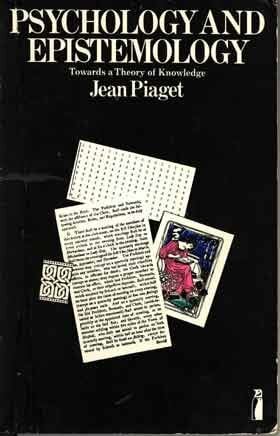
- paperback
- 120 Seiten
- Erschienen 1983
- ELT

- Hardcover
- 308 Seiten
- Erschienen 2015
- Guilford Press

- paperback
- 430 Seiten
- Erschienen 2011
- Worth Pub

- hardcover
- 750 Seiten
- Erschienen 2014
- Worth

- Hardcover
- 192 Seiten
- Erschienen 2012
- Beltz

- Gebunden
- 1104 Seiten
- Erschienen 2020
- Worth

- Hardcover -
- Erschienen 2013
- Springer

- hardcover
- 660 Seiten
- Erschienen 2000
- Pearson

- Gebunden
- 1054 Seiten
- Erschienen 2017
- Beltz

- hardcover
- 542 Seiten
- Erschienen 2017
- Taylor & Francis Ltd

- Gebunden
- 850 Seiten
- Erschienen 2016
- Springer

- hardcover
- 715 Seiten
- Erschienen 2008
- Wadsworth Pub Co







